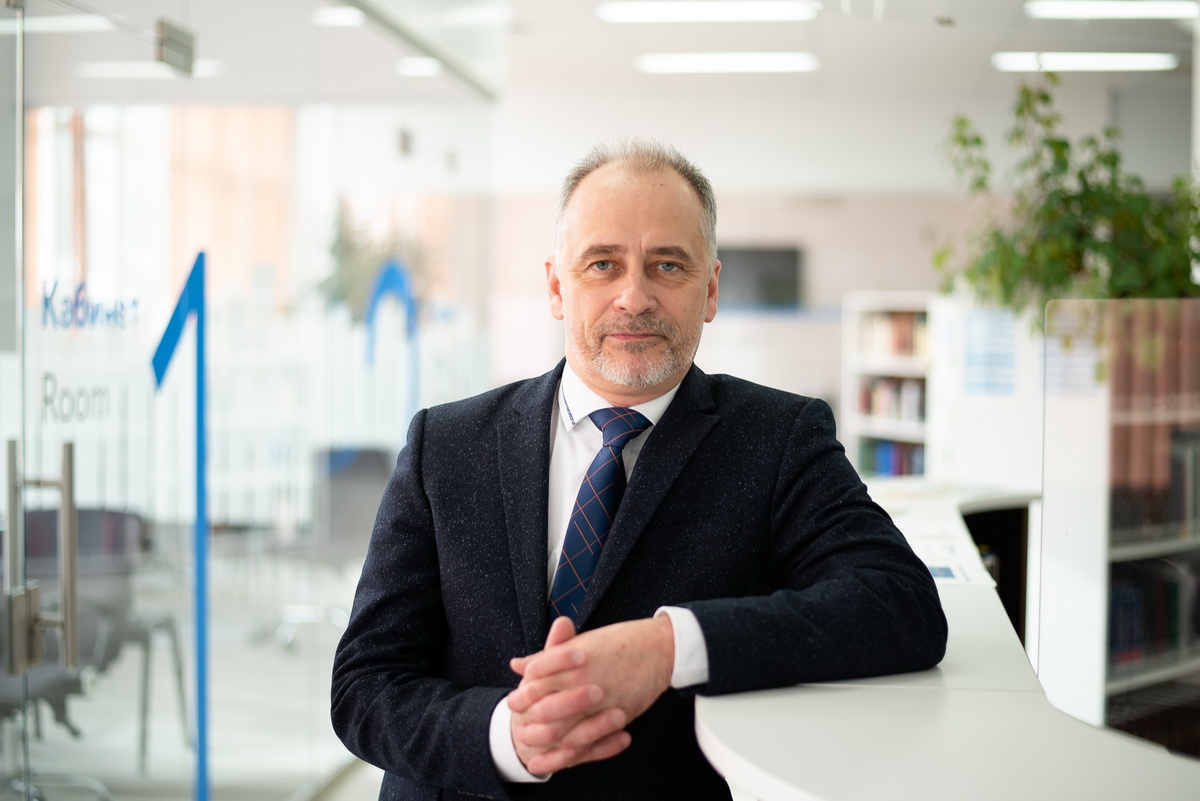Artyom Rykun, TSU Vice-Rector for International Activities, told journalists at the TASS press conference that Russian scientists and experts do not face discrimination or pressure while working in the UN group on plastic.
“The work is going extremely well, and there are absolutely no obstacles, pressure or difficulties in terms of accepting the recommendations of Russian experts. <...> There are absolutely no signs that there is any discrimination or concealment. No, everything is smooth,” said the Vice-Rector.

“I mean that personal meetings and personal visits are not many, but they are not necessary <...> The problem is quite acute, and if Russian specialists can help to solve it, they will take these recommendations,” said Artyom Rykun.
Yulia Frank, a TSU Biological Institute scientist, became a member of the expert group of the Intergovernmental Negotiating Committee on Plastic Pollution, within the framework of UNEP (United Nations Environment Program).
TSU's research on microplastics is supported by the Russian Science Foundation grants and the Priority 2030 program. The university has also created a consortium that includes various universities and research institutes from Russia, Uzbekistan, and Mongolia. The objective is similar to the UN environmental program, which is to intensify the study of migration of microplastics and plastic garbage in rivers and seas and how it is transported to the oceans, as well as to identify sources of pollution and ways to mitigate it, including by new laws regulating the circulation of plastics.
Text: TASS